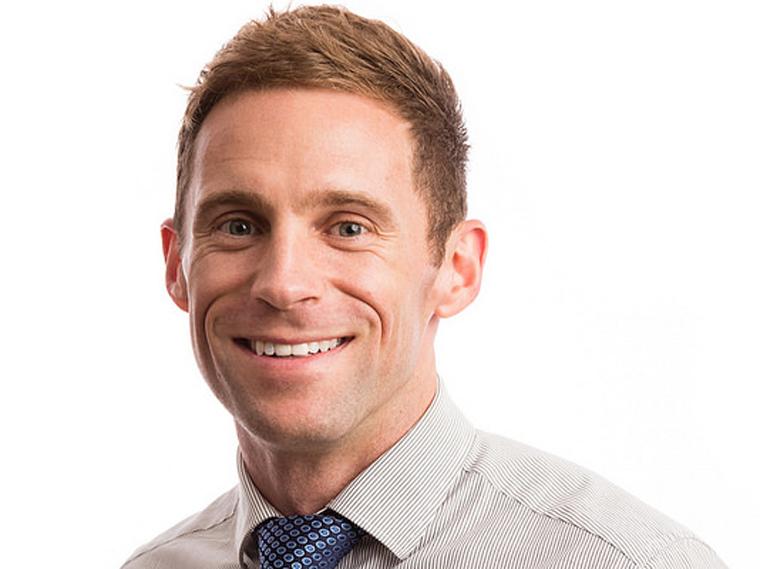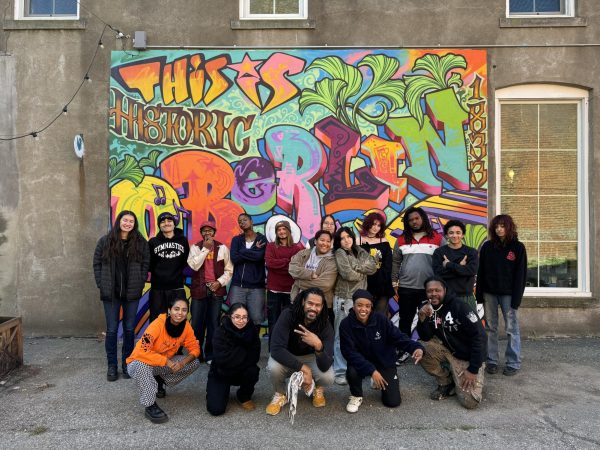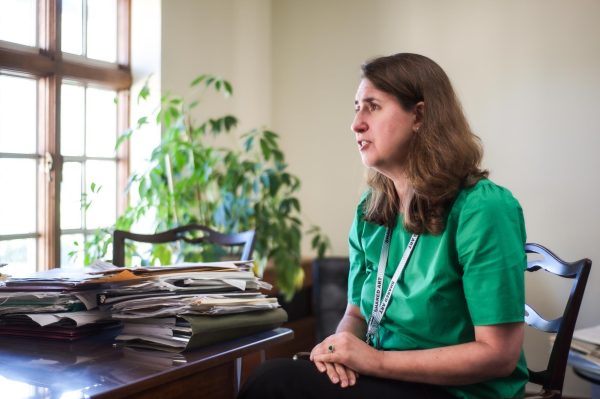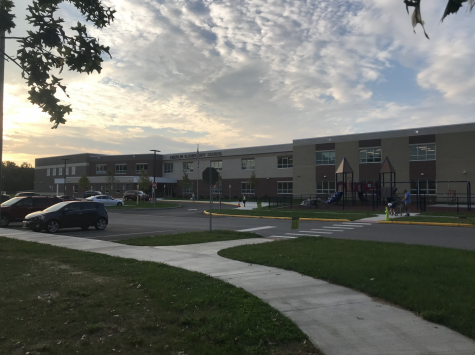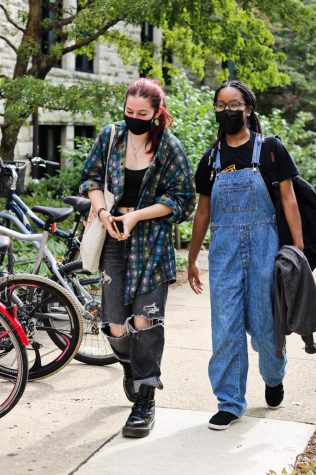Mike Rainaldi: Reimagining Intercultural Learning in the Absence of Study Away
Mike Rainaldi
Last spring, he shepherded over 100 students who were studying abroad home from their host countries. Now, with the suspension of Oberlin’s Study Away program this semester, Director of International Programs and Study Away Mike Rainaldi’s job has radically shifted again. He sat down with the Review to talk about how his office has continued to facilitate international exchange and intercultural learning in this unfamiliar environment.
This interview has been edited for length and clarity.
How’s the semester been going for you?
It’s been really interesting to see how quickly everybody — the College and the students and the staff, on an organizational level and personal level — has adapted and responded. One thing that you always hear about in higher ed is how change can sometimes be slow, but I think this has shown that it can be really fast if it needs to be.
I remember how much you helped me when I was trying to leave Spain last spring — something you did for many students. Can you talk me through what March was like for you?
I can even go back to January, right? We had a lot of students at that time, for their Winter Term projects, in China. At that point it wasn’t a pandemic — it was just a new virus that was in China. It’s interesting to think back to that time and realize how much we didn’t know compared to now — though obviously there’s still a lot to learn.
Different staff at the College and I had to start thinking, “where do we have students in China? What is it going to be like for them to potentially come back to the U.S. or maybe not be able to get back to the U.S.?” That’s when we really started thinking through the logistics and the academic implications that might have for the campus community.
We first dealt with students that were in Asia, and then students that were in Italy, and students that were in Europe, and then students that were in other parts of the world. Everything was changing very, very, very rapidly. It was really hard at that time to know where it was going to go.
I’ve been in study abroad for about 15 years. It was the first time that you had to really take a global approach to your student support work, your risk management work. It was also really emotional for me and for the students and for their parents. So you’re managing emotions, you’re managing finances, you’re managing risk, and you’re having to do that collectively. Luckily, no one person was doing that. It was a team of people here.
When I talk to other study abroad directors, other people in the field, I think there’s just this collective understanding that we haven’t really processed that experience mentally, psychologically, or emotionally — because we haven’t really taken a break yet.
How has your role changed since the pandemic started?
I think one of the core changes for me personally, and in my role, there has been a lot more focus on risk management, and a lot more focus on health and safety. That’s probably 75 percent of my work now, and it’s become a lot more complex. It was certainly a part of the job before, but it just didn’t take up as much of my day.
One of the most challenging things for me that’s changed about my job is that I’m not supporting students going abroad for the time being. It has been very emotional and very challenging over the past eight months, just knowing how impactful that can be, knowing how much it can influence their professional futures or academic futures, how much it can change who they are. Knowing that they don’t have access to that right now is just really personally and professionally challenging.
That’s why it was so hard in the spring for me to have to bring students home. The core, the ultimate foundation of my work is to get them abroad, and then I had to bring them home.
What has that transition taught you about your field so far?
I think there’s still a real uncertainty around study abroad, but I think study abroad is probably more important now than it ever has been. We need to understand how the pandemic played out in different countries. We need to understand what other cultural implications there are, what opportunities for learning there are between countries and cultures, and how this has impacted different people in different ways. There’s a really rich environment for learning right now, but at the same time, we need to be responsible and informed about what those learning experiences can look like.
One of the bigger changes is working on virtual online study abroad. At first, I was very resistant to that, as I was still emotionally processing what was happening. But now I have a better understanding of all of the vibrant and diverse virtual experiences there are, and how those can help students prepare for a future experience of study abroad, also understanding and appreciating how the virtual opportunities create more access to study abroad. There may be students that for any variety of reasons may just not have access to going to a different city in the U.S. or maybe a different country overseas, but now they can still visit a local museum in Florence and understand how a pop-up art exhibition there is influenced by race relations in that location, or understanding how the politics of the U.S. election impacts locals in Brazil or France or South Africa.
I think that’s really opened up my mind professionally to seeing all of these new innovations in study abroad that can be really nice complements — instead of replacements — to the physical experience of going to another country.
You alluded to some of the programs that you’ve been putting on for students this semester. What are they and how did you make those connections?
Over the summer, there was a lot of talk among study abroad offices around the country about what we can do to make sure that study abroad and intercultural learning are still at the forefront of what we’re actually doing, as a part of the larger academic and co-curricular experience for students, even if the physical mobility piece is not really there.
I think as an office, we had to shift our thinking around what we’re capable of doing and what is going to be the most impactful. And so luckily, a lot of our partner organizations that we work with were doing their own virtual stuff — like speaker series, or tools that faculty can integrate into their classes. We have a couple of organizations that we partner with that are offering language tables. I think it was really about connecting with those organizations and figuring out what types of experiences they’re offering.
We’re trying to work a lot with some of the universities that we have relationships with overseas to do a virtual exchange. Our students could take an online course in Singapore or Hong Kong or Cairo, and one of their students could take one of our virtual courses.
Is there anything else you would like to say?
If students are reading this article and looking for a takeaway, I would say just to stay informed, look beyond the headlines, and really look into resources like the World Health Organization and the European Center for Disease Control’s COVID information online. There are a lot of really great sources of information out there that can give you an informed perspective on what’s going on in the world. And just to stay hopeful, to stay flexible and resilient.
Sometimes it’s hard to recognize those intangible skills that you develop during study abroad right away. The students coming out of the spring semester have a lot of resilience and a lot of grit, to have gone through that experience and then to come back into a really challenging situation. I think it’s important for students that are planning to study abroad to think about that too, to just remain flexible, remain resilient.
It will happen again — we just need to be patient and flexible, and we’ll get there.


